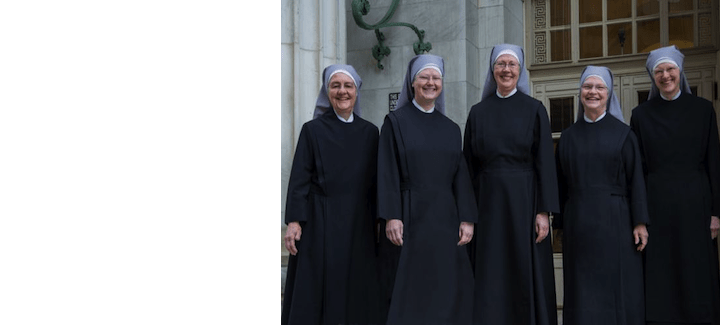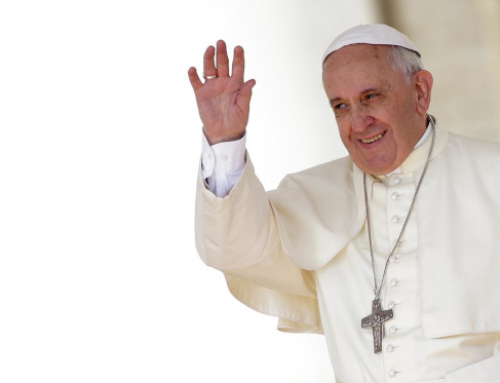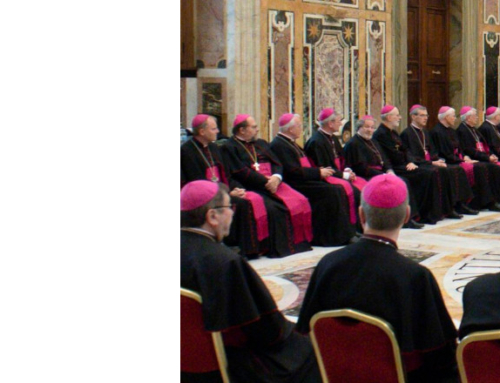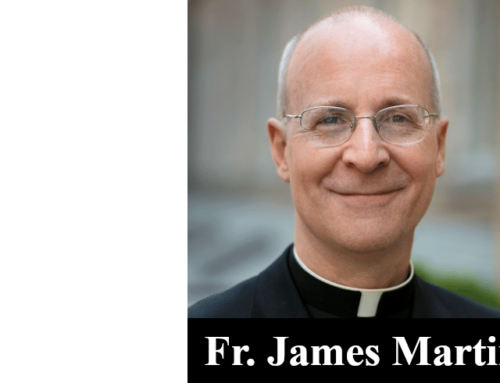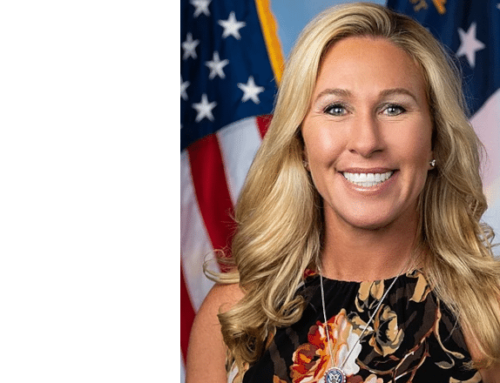Catholic League president Bill Donohue comments on the draft of the Trump administration’s revision of the Health and Human Services (HHS) mandate affecting abortion, contraception, and sterilization:
The Trump administration is poised to upend the anti-religious rights provision of the HHS mandate written by the Obama administration. It promises to be better than what President Trump initially spoke about when he was running for office.
Not only will the revised plan allow religious individuals and groups the right not to be complicit in providing for morally objectionable services, it will extend this right to non-religious persons and organizations. The reasoning of the Trump administration is both logical and equitable.
For example, if conscientious objector status applies to agnostics and atheists who morally object to military service, why should such persons who share the same objections as the Little Sisters of the Poor be denied an exemption? To be sure, conscience rights are at the heart of religious liberty, but they are not exclusive to the faithful. Many atheists also believe that abortion-inducing drugs are immoral.
In 2015, U.S. District Judge Richard Leon ruled that the March for Life should be given the same exemption from the HHS mandate as granted to religious groups. He said that if the religious exemption was designed “to respect the anti-abortifacient tenets of an employment relationship, then it makes no rational sense—indeed no sense whatsoever—to deny March [for] Life that same respect.”
It is important to recognize that the HHS mandate should not properly be called the “contraceptive” mandate. The “HHS Guidelines for Health Insurance Coverage” as outlined by the Obama administration covered “all Food and Drug Administration approved contraceptive methods.” Included in this list are such drugs as the “morning after pill,” which were designed to induce an abortion. They not only prevent fertilization, they may act to prevent implantation of the embryo.
As a general rule, the government should presumptively grant exemptions to individuals and organizations—independent of whether they are religiously affiliated or not—from cooperating with morally illicit behaviors, and this is especially true of life and death issues. While all presumptive rights are rebuttable, the government must have a compelling interest to deny exemptions.
This is one more sign that President Trump is religion-friendly, quite unlike his predecessor. Indeed, he is also showing respect for the conscience rights of non-believers.


